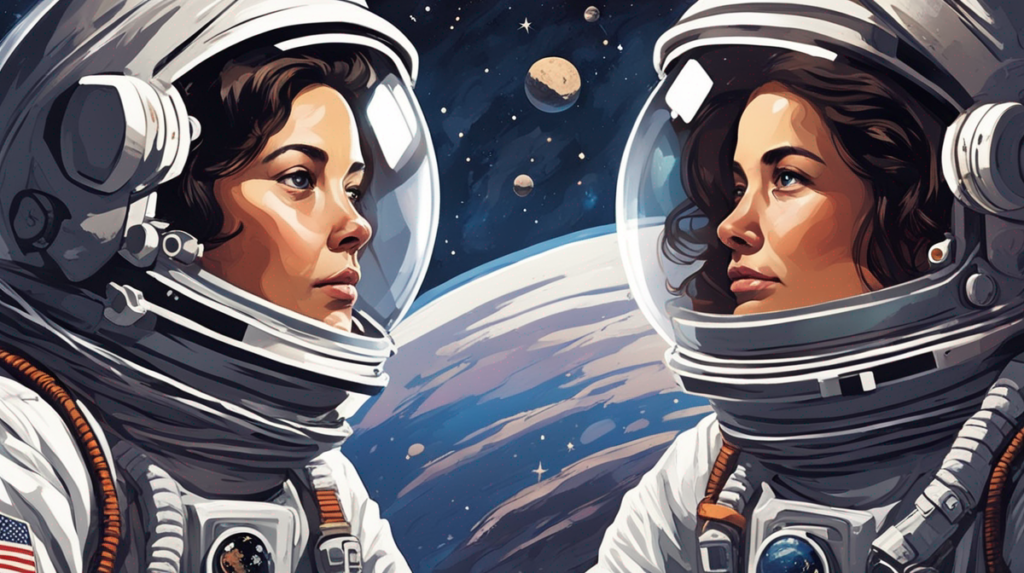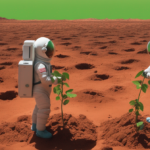
Throughout history, numerous explorers have braved the unknown and ventured into the vast expanse of the cosmos. However, not all these brave individuals can be found in the limelight they rightfully deserve. One such group comprises the pioneering women in space exploration, who persevered against all odds, breaking new ground and contributing to advancements in space science. While they embarked on these stellar journeys, they faced unique health challenges, making their achievements all the more commendable.
The Pioneering Women in Space Exploration
The journey of women into space began in 1963 when Valentina Tereshkova of the Soviet Union became the first woman to fly in space. This was followed by a series of accomplishments. In 1983, Sally Ride became the youngest astronaut and the first American woman in space. In later years, Judith Resnik, Shannon Lucid, Helen Sharman and many others, ventured on numerous shuttle missions, breaking the glass ceiling for women in space exploration.
(Read Also: Space Telescopes: Health Benefits of Gazing into the Cosmos)
Health Challenges Faced by Women Astronauts
While these women made history in space, they grappled with unique health challenges not encountered by their male counterparts. Owing to differences in physique and hormonal structures, women in space exploration factored in diverse health considerations, providing invaluable data for NASA’s biomedical research.
Space radiation and micro-gravity environments have been found to affect women’s menstrual cycles, contributing to irregular periods, and pregnancy complications, looking from a long-term settlement perspective. Besides, concerns were raised about increased susceptibility to breast and ovarian cancers due to prolonged exposure to cosmic radiation. Varied responses to medication, changes in muscle mass, and bone density are among the other significant findings.
Trailblazers in Health Research
Despite such challenges, these courageous women soldiered on. They transformed personal hurdles into opportunities for scientific advancement, contributing to the understanding of how space travel affects women’s health. Valentina Tereshkova’s Vostok 6 mission, for instance, provided insights into how women’s bodies respond to prolonged periods of weightlessness. Similarly, Peggy Whitson’s extensive stay at the International Space Station laid the groundwork for studies on the impact of long-term spaceflight on women.
Debate and Controversies
Like all sectors, space exploration has its share of controversies. Women astronauts were often subjected to gender bias, patronizing attitudes, and lack of recognition. There has been ongoing debate over the lack of representation of women in space programs. However, space agencies, like NASA and ESA, have been striving to increase gender diversity in space missions, fostering an inclusive environment.
A Leap into the Future
The story of women in space exploration is a narrative of struggle, resilience, and ultimate triumph. As we embark on future expeditions – with Mars missions and space tourism on the horizon – we must acknowledge and applaud these pioneering women. Their contributions, not just to space science but also to understanding women’s health, their resilience in the harshest conditions, and their indomitable spirit, serve as inspiration for the generations to come.
Last modified: 30 November 2023


















